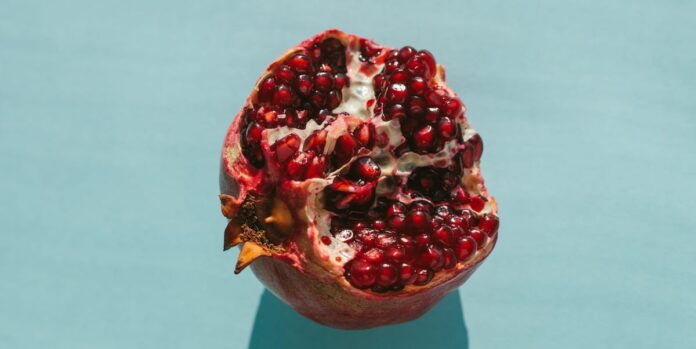Recent research highlights urolithin A as a promising compound for mitigating age-related immune decline and chronic inflammation – often referred to as “inflammaging.” A small, but notable, study published in Nature suggests that supplementing with urolithin A can positively impact biomarkers associated with aging. However, the molecule’s production within the body is highly individual and relies on a specific gut microbiome.
The Science Behind Urolithin A
Urolithin A isn’t directly consumed; instead, it’s a metabolite created when gut bacteria break down ellagitannins and ellagic acid found in certain foods. Approximately 40% of individuals naturally produce sufficient amounts of urolithin A, while the rest may not, depending on their gut flora composition. The study conducted by Dr. Florian Greten and his team at the Georg-Speyer-Haus Institut für Tumorbiologie, found that 1,000mg of urolithin A daily for four weeks resulted in detectable changes in biomarkers linked to immune function in middle-aged adults.
Why this matters: The gut microbiome’s influence on systemic health is increasingly recognized. This research underscores how individual biological differences can affect the efficacy of dietary interventions. While the study was funded by a biotech company producing urolithin A supplements (Mitopure), the findings add to a growing body of evidence suggesting potential longevity benefits.
Food Sources vs. Supplements
While supplements can bypass microbiome limitations, urolithin A can also be generated through diet. The most significant food sources include:
- Pomegranate: Rich in ellagitannins, a precursor to urolithin A.
- Walnuts: Contain ellagic acid, another key compound.
- Raspberries: Provide ellagitannins for gut conversion.
- Blackberries: Similar to raspberries, a good source of precursor compounds.
However, achieving the same effects as the study’s 1,000mg supplement dose through diet alone would require consuming impractical amounts of these foods – Dr. Greten estimates 1.5 liters of pomegranate juice daily.
The Bottom Line
Urolithin A is a promising molecule in longevity research, but individual results will vary based on gut microbiome composition. Supplements may offer a more consistent approach, while dietary sources require a specific bacterial profile for effective conversion. Further research is needed to determine optimal dosages and long-term effects, but this molecule represents an exciting frontier in age-related health.























